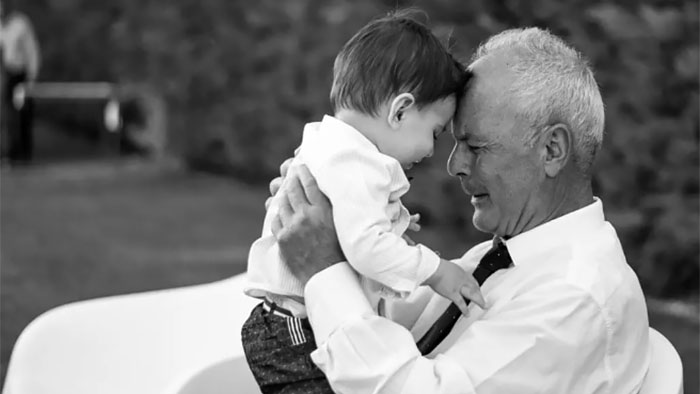
My parents and the significant elders in my youth, while not perfect, walked their talk, at least essentially so. They raised my siblings and me to believe in God and in the church, and then, by the way they lived their lives and treated us, gave us reason enough to believe that the trust they asked of us, towards God and church, was well placed. They made God and the church credible. How did they do this? By never essentially betraying us, their children. Their love was neither perfect nor unconditional nor even adequate – nobody, save God, can do that, but neither did they betray us, or themselves, in so deep a way that it cast doubt upon the essential trust they asked of us. Today, I have faith in God and the church largely because of that. My elders didn’t betray me. But what if my life has been one of feeling betrayed? If I have been deeply betrayed as a child, why trust now? If the words of my parents or a significant elder were essentially dishonest, why should I not suspect this is the case with all authority, church or civil? If the religious talk and actions of my elders were more appearance than reality, why shouldn’t I think that all religious talk and action is simple appearance? Why should I not be suspicious of a dark confessional box when I will spend my life trying to get over what happened to me in some other dark place? And why shouldn’t I suspect that all authority, in the end, is self-serving, lying, and exploitative if that has been my primal experience? Why shouldn’t I believe that all human authority is dishonest and untrustworthy? It is essential to know that we come to the church with very different experiences, and we must be sensitive to each other. For some of us, it didn’t hurt to be a child, and the blind trust we gave our parents and the church was a good investment. For others, though, too much of what church and church authority stand for can only seem like a big lie. If our parents or elders were immature, neglectful, self-interested, or, worse yet, positively abusive, that is the way the church and its leaders will also appear to us. Understanding this can help gestate compassion on all sides. [Excerpt from Fr. Ron Rolheiser’s article, “Children Of Our God – And Of Our Elders”]
